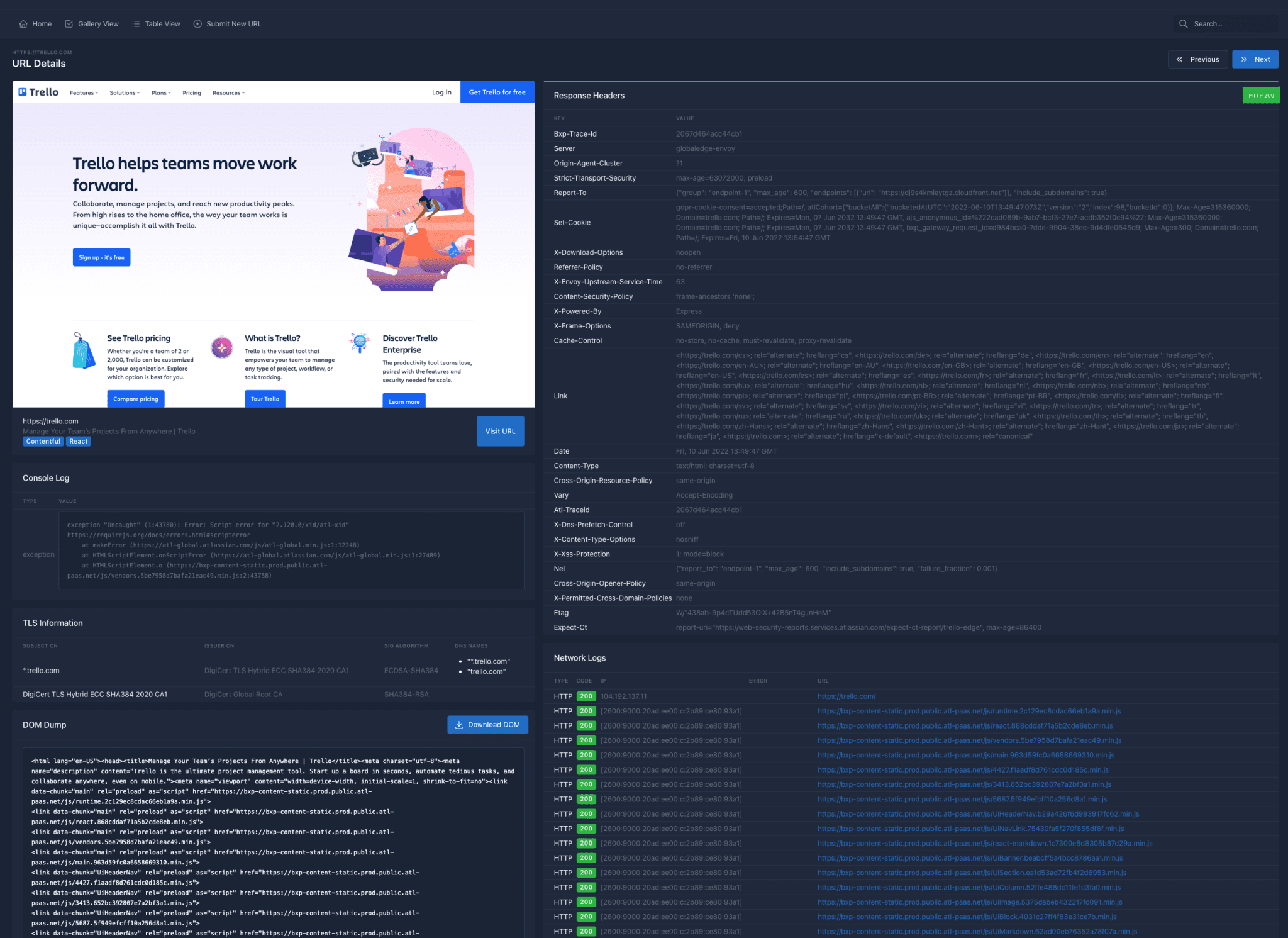TSMC plans to increase prices by 6% next year
Over the past three years, amidst an array of factors such as COVID-19 impacting production, booming semiconductor demand resulting in surging orders, global inflation, and escalating logistics costs, TSMC (Taiwan Semiconductor Manufacturing Company), the leading semiconductor foundry, has repeatedly increased its order pricing and abolished certain past discounts. Even though semiconductor demand has been waning for a considerable time since the second half of last year, TSMC appears undeterred in its price hike trajectory.
According to DigiTimes, TSMC plans to raise foundry prices as early as January 2024, with the increase rate approximately spanning 3% to 6%, contingent on order volume. Rumors suggest that TSMC has spent considerable time preparing for this price increase, having already informed numerous key customers. Bear in mind that TSMC has already escalated the pricing for 2022 orders by 10% to 20%, a significant hike. Continuing to raise prices in the current subdued market environment is somewhat unexpected.

Sources reveal that many major customers have initiated negotiations with TSMC, indicating that even the more modest increase is causing distress. TSMC asserts that those customers accepting the price increase are more capable of reserving capacity in advance. Such a strategy can attract the most successful customers because, for them, time is paramount. It is foreseeable that in the coming period, tech companies such as Apple, AMD, and NVIDIA will continue their close collaboration with TSMC, relying on advanced processes to produce cutting-edge chips. Whether these important customers with substantial order volumes can secure special pricing or discounts through negotiations remains unknown.
From a consumer perspective, the question of whether the increase in foundry prices will impact product prices is of great concern. In truth, it is challenging to provide an accurate response as foundry pricing is only one of the influencing factors and there can be substantial variations between different product categories.





